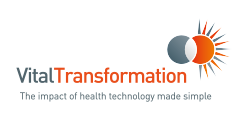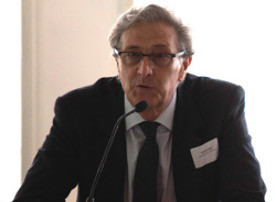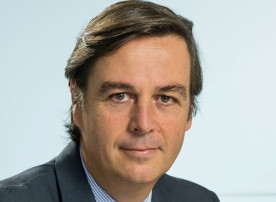Thought Leader Interview: Dr Tõnu Esko, PhD, is Deputy Director of Research, Estonian Biobank, Estonian Genome Center, University of Tartu.
March 8, 2016 If you can gather all this data together – from historical data i.e. disease history, to the ‘omics’ data and genetic data – we could, for instance, develop a web-based service where patients could see how their past and current lifestyle decisions affect their disease risks. For example, if a patient knows he has a higher risk for smoking-induced cancer, that might motivate him to stop smoking – or if he has a genetic tendency to become obese in later life, then maybe that will motivate him to follow a healthier lifestyle.











